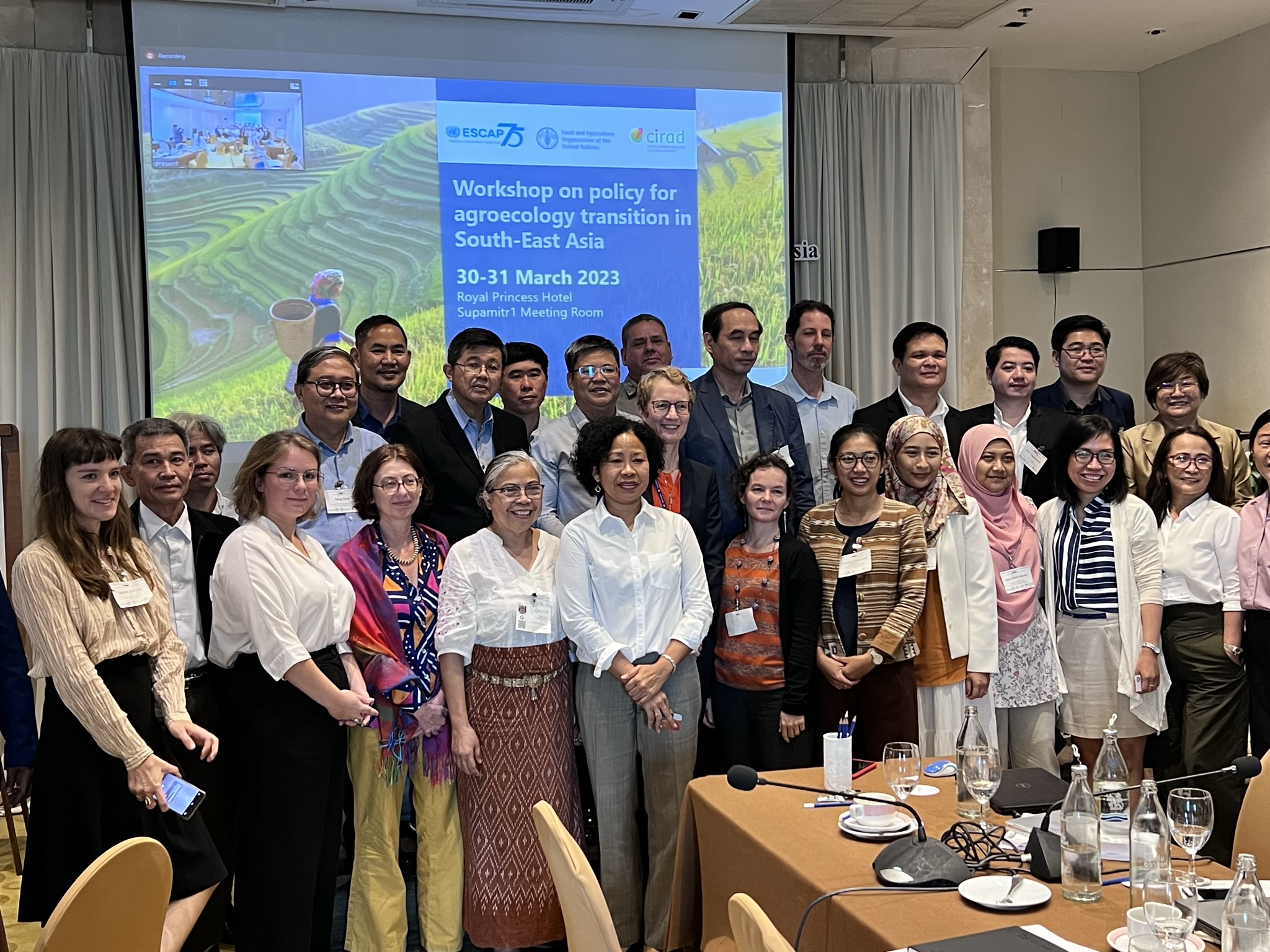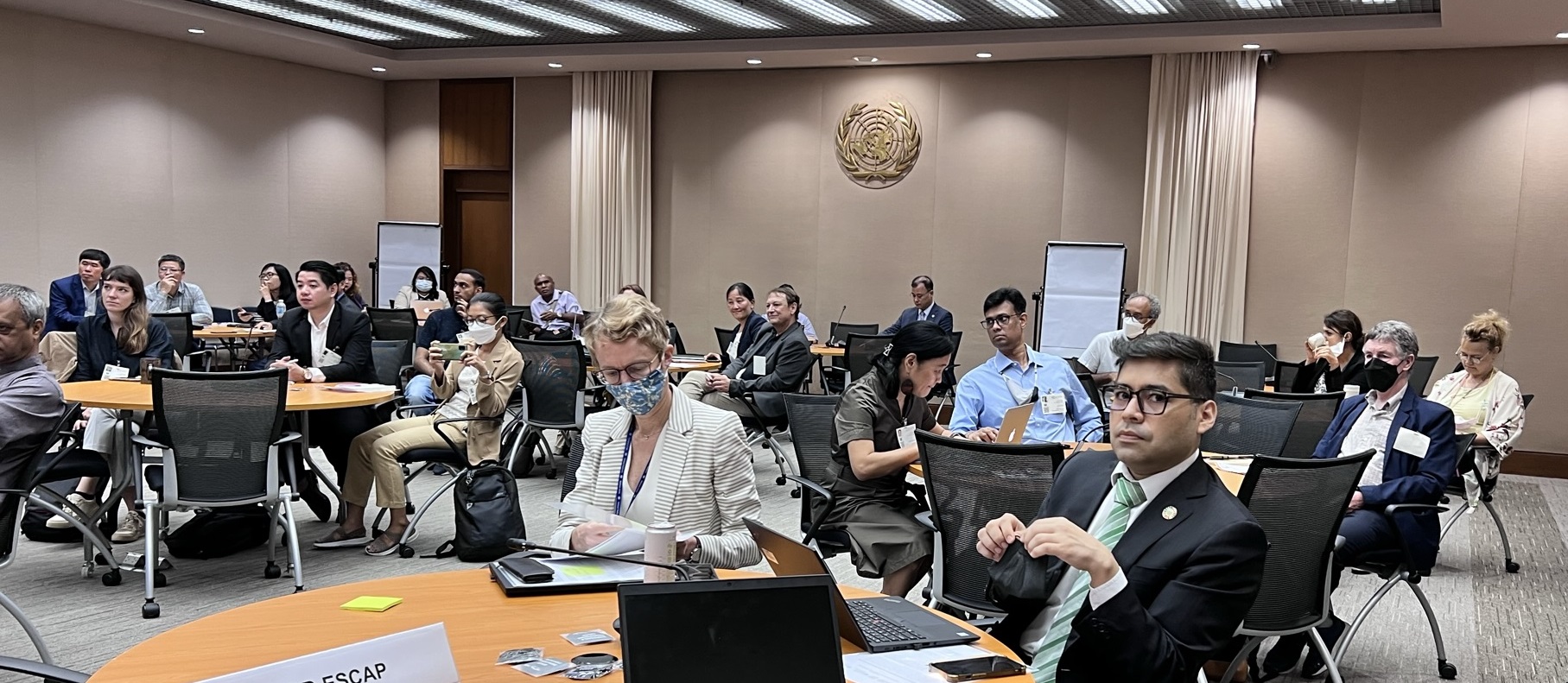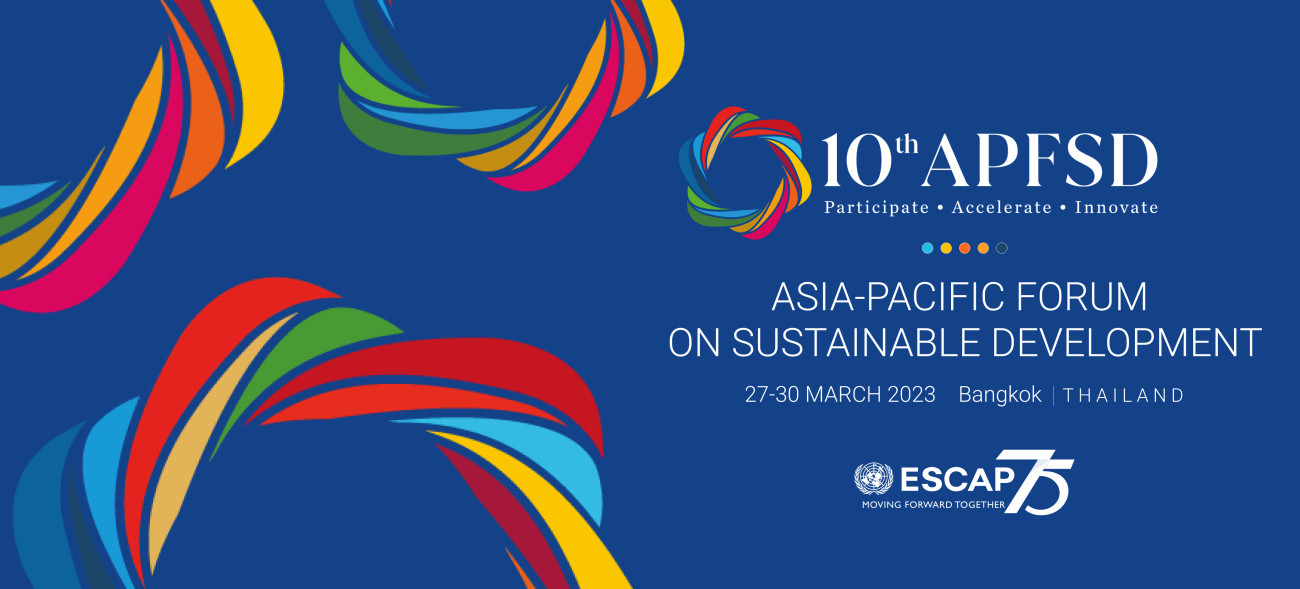CSAM Emphasizes Need for Sustainable Crop Residue Management at Workshop on Agroecology Transition alongside 10th APFSD

The Centre for Sustainable Agricultural Mechanization (CSAM) of the United Nations Economic and Social Commission for Asia and the Pacific (ESCAP) today participated in a ‘Workshop on Policy for Agroecology Transition in South-East Asia’, an Associated Event of ESCAP’s 10th Asia-Pacific Forum for Sustainable Development (APFSD). The workshop was co-organized by ESCAP, the Food and Agriculture Organization of the United Nations (FAO) and the Centre for International Cooperation and Agricultural Research for Development (CIRAD) in Bangkok and supported by the Agroecology and Safe Food System Transition (ASSET) project.
At the event, Mr. Anshuman Varma, Programme Officer and Deputy Head of CSAM, delivered an online presentation on the theme ‘Integrated Management of Straw Residue – Policy and Implementation Needs’ which underscored the serious and adverse implications of crop residue burning on soil fertility and food security, environment and public health. He outlined the underlying reasons why producers often resort to straw burning, available options for policy and institutional action as well as requirements to facilitate implementation of sustainable models and approaches including mechanization-based solutions. Mr. Varma also highlighted the positive results attained from CSAM’s regional initiative on integrated straw management under which pilot projects have been implemented in China and Viet Nam, and further extended to Cambodia, Indonesia and Nepal with financial support from the China-ESCAP Cooperation Programme.
CSAM’s regional initiative on integrated straw management was recognized as a good practice in South-South and Triangular Cooperation by the United Nations Office for South-South Cooperation in March 2022. A related ‘virtual’ demonstration organized by CSAM also won an ‘Innovation Award’ from ESCAP colleagues in November 2022.


